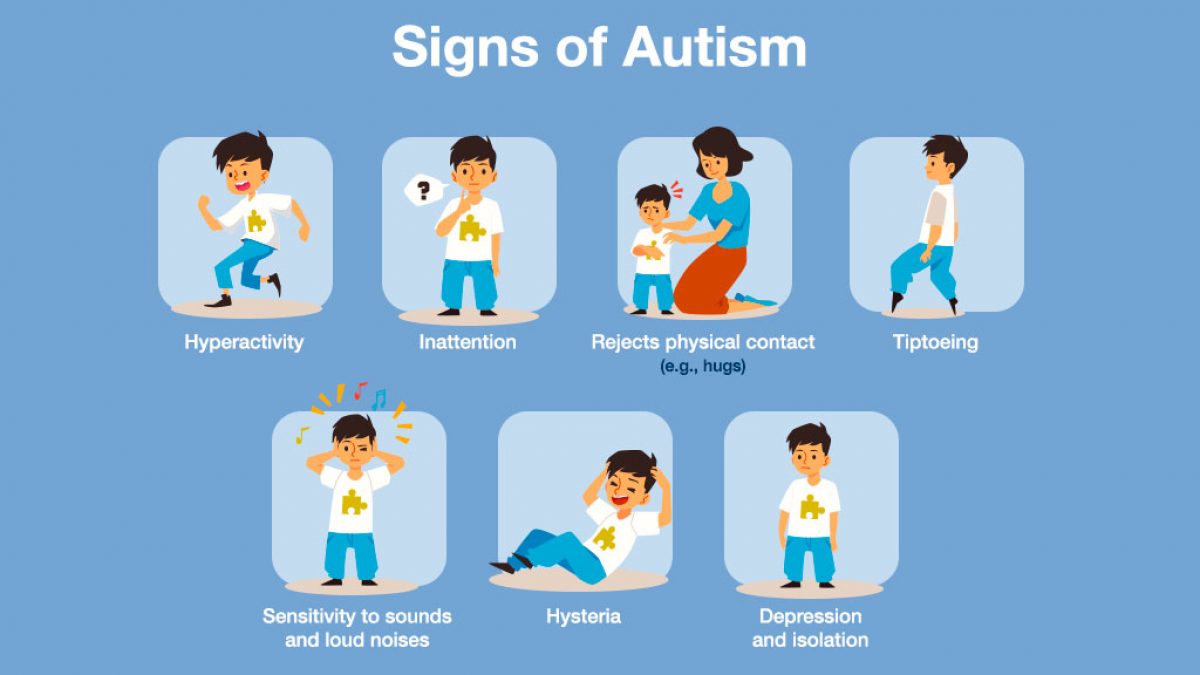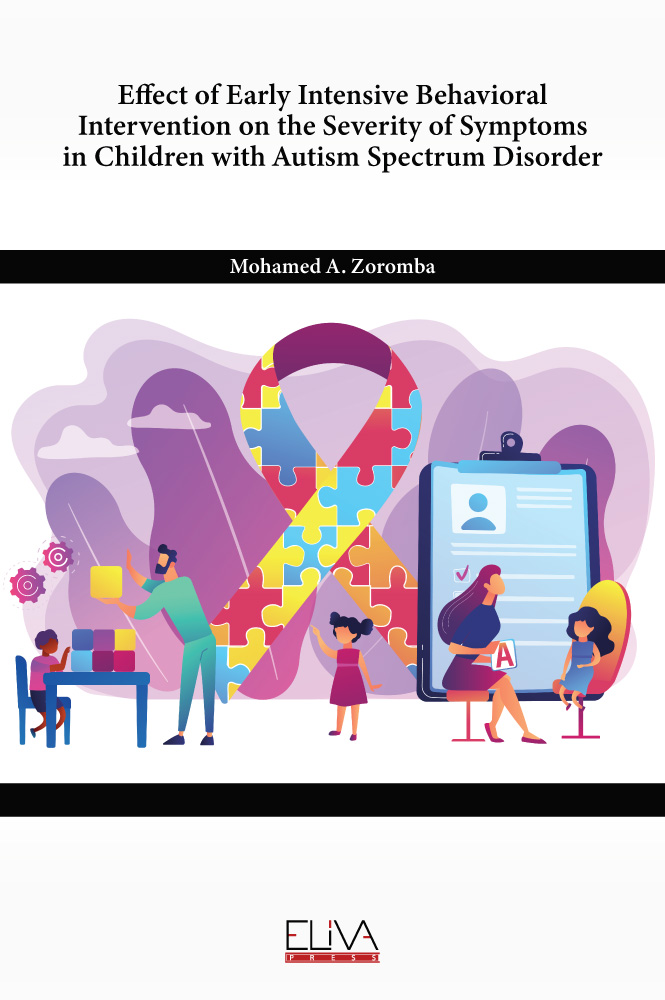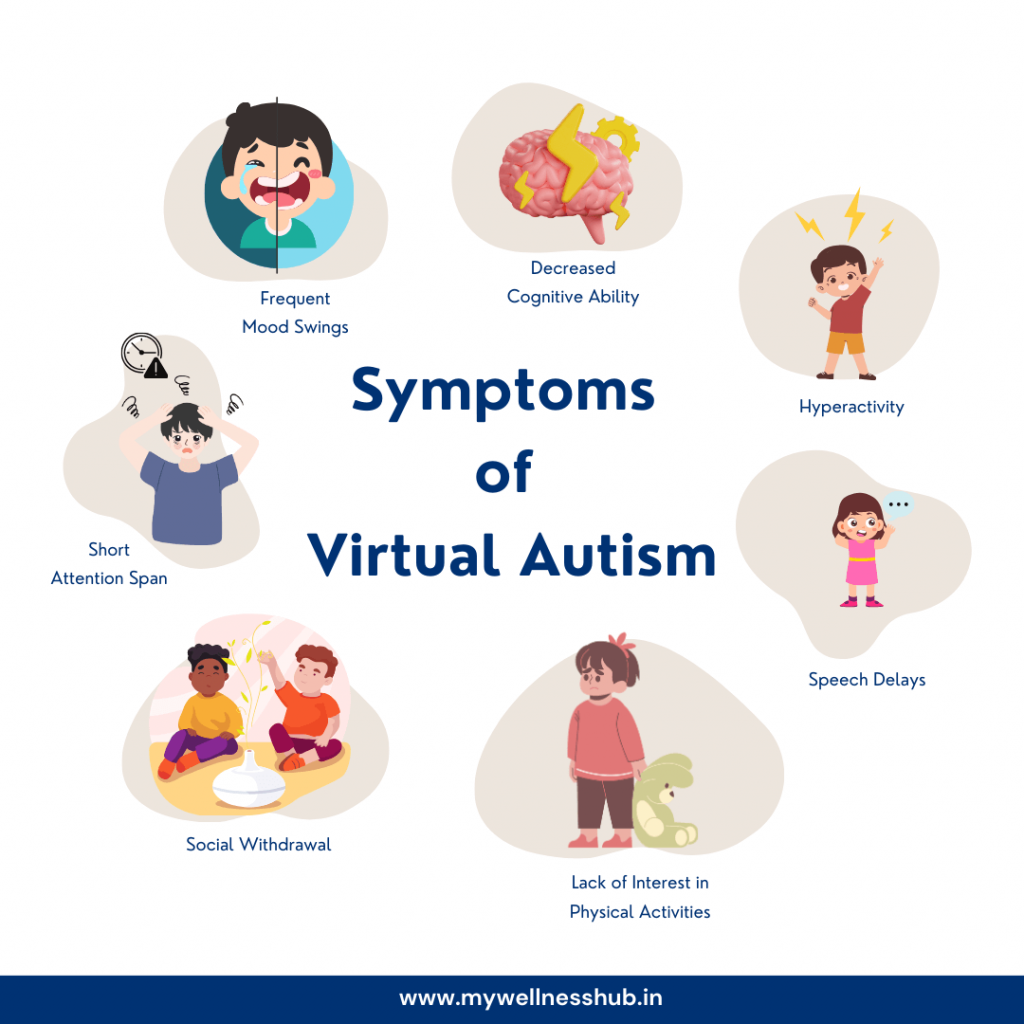Tips for spotting early behavioral traits and seek help from an Aba Therapist
Tips for spotting early behavioral traits and seek help from an Aba Therapist
Blog Article
Key Indicators and Symptoms to Identify in People With Behavioral Autism
When you run into someone with behavior autism, identifying essential symptoms and signs is vital. You could observe obstacles in social interactions and interaction, in addition to a solid requirement for regimens. In addition, sensory sensitivities can result in frustrating experiences. Recognizing these characteristics can improve your assistance and treatments, but there's more to discover regarding just how these behaviors materialize in daily scenarios. Allow's discover what these indicators actually look like.
Difficulties in Social Communications
When you interact with someone on the autism range, you might notice they struggle with social cues and communication. These challenges can make social communications really feel frustrating for them. You may see them preventing eye get in touch with or standing too close or too away throughout discussions, which can produce misunderstandings. They might not pick up on body movement or faces, making it harder for them to assess exactly how others are feeling.
When they do engage, they might chat about their rate of interests in great detail without seeing if you're interested. Recognizing these challenges can assist you come close to interactions with empathy and persistence, cultivating a more comfortable atmosphere for both of you.
Trouble With Verbal and Non-Verbal Communication

Acknowledging these indications is necessary, as it aids you far better assistance and involve with individuals on the autism spectrum. By understanding their communication challenges, you can cultivate extra purposeful links and supply a much more helpful atmosphere.
Repeated Behaviors and Regimens
Interaction difficulties typically go along with other indicators of autism, such as recurring habits and a strong choice for routines. You might see that people with autism commonly take part in specific, repetitive actions, like hand-flapping, rocking, or duplicating phrases. These actions can offer comfort and a sense of control in a typically overwhelming globe.
Routines are equally crucial; numerous people prosper when they follow a structured timetable. You may find that adjustments to these routines can bring about considerable distress. If they have an everyday routine of eating morning meal at a specific time or complying with a particular route to institution, any kind of disruption can trigger anxiousness.
Recognizing these patterns assists you recognize their behavior and offer assistance. By suiting their need for routine and enabling recurring activities, you can create a more comfortable environment that relieves their obstacles.
Sensory Level Of Sensitivities

Common Sensory Triggers
Sensory level of sensitivities can considerably influence life for people with autism, as particular stimuli frequently activate overwhelming reactions. Usual sensory triggers consist of loud noises, brilliant lights, and solid smells. You may see that sudden noises, like alarms or alarm systems, trigger anxiousness or distress. Fluorescent illumination in shops can feel awkward and harsh. Textures can likewise play a considerable duty; harsh textiles or certain food textures may be unbearable for you. Additionally, crowded locations can overwhelm your senses, making it difficult to concentrate or kick back. Understanding these triggers can help you manage your environment much better. By knowing what affects you, you can take steps to minimize discomfort and improve your daily experiences.
Behavioral Reactions Explained
Understanding your behavior actions to sensory sensitivities is important, as they commonly expose how you interact with the globe. You might see that specific sounds, lights, or appearances bewilder you, leading to anxiousness or discomfort. When confronted with these stimuli, you may withdraw, cover your ears, or perhaps react boldy. These actions aren't just peculiarities; they're your way of dealing with overstimulation. You may additionally find on your own seeking specific sensory experiences, like deep stress or silent environments, to assist ground on your own. Identifying these patterns assists you understand your needs far better and can lead how you interact them to others. By recognizing your sensory sensitivities, you can work in the direction of creating an atmosphere that really feels much more comfy and manageable for you.
Coping Strategies Summary
Acknowledging your sensory sensitivities is simply the very first step; currently it's time to check out coping strategies that can aid you handle those experiences efficiently. Beginning by producing a sensory toolkit tailored to your demands. Establishing an organized routine can additionally offer predictability, reducing anxiousness around sensory overload.
Restricted Rate Of Interests and Focus
While several individuals create a vast array of rate of interests, those with autism often show limited rate of interests and an extreme focus on particular topics. You could observe that a person with autism can spend hours diving right into their preferred topic, whether it's a particular sort of train, a particular movie, or a clinical principle. This extreme focus isn't just a leisure activity; it can become a central component of their identification and social interactions.
You may locate that discussions focus on these rate of interests, and they might battle to take part in wider subjects. For them, these concentrated interests useful content offer comfort and a feeling of proficiency. While it is very important to encourage exploration of new subjects, appreciating their interests is just as important. By comprehending and recognizing these limited passions, you can cultivate a supportive environment where they feel valued and understood, allowing for more meaningful connections and interactions.
Emotional Policy Problems
Individuals with autism usually face weblink obstacles in emotional policy, which can be affected by their intense concentrate on details interests. You may see that when an individual is deeply taken part in a favored task, they can experience strong emotions, whether enjoyment or frustration. This intensity often makes it tough for them to shift gears or manage their sensations when points do not go as intended.

Variability in Developing Landmarks
When it comes to developing turning points, you'll discover that individuals with autism often reveal a vast variety of variability. You may see a child stand out in language skills yet struggle with social communications.
It's important to identify that each individual's trip is unique. Some might create complicated abilities early, only to deal with challenges later. Others may take longer to achieve standard turning points but after that flourish in specific locations. Observing these patterns can help you recognize their staminas and requires better.
Frequently Asked Inquiries
How Is Autism Detected in Children and Adults?
To detect autism in adults and kids, professionals examine actions, communication abilities, and social communications. If a specific fulfills the standards for autism spectrum condition., they usually use standardized examinations, meetings, and observations to identify.
Are There Various Sorts Of Autism Spectrum Disorders?
Yes, there are different types of autism spectrum problems, consisting of Asperger's syndrome and prevalent developmental disorder-not otherwise specified. Each type varies in intensity and characteristics, so go to my site understanding these distinctions can assist you much better assistance people with autism.
What Treatments Are Reliable for People With Autism?
When considering effective therapies for individuals with autism, you'll find options like Applied Behavior Analysis, speech therapy, and occupational therapy. Each approach can help improve communication, social abilities, and day-to-day operating customized to specific requirements.
Can Individuals With Autism Lead Independent Lives?
Yes, individuals with autism can lead independent lives. With the best support, skills training, and sources, you can aid them create self-sufficiency, handle everyday tasks, and thrive in numerous settings, cultivating their self-reliance.
Exactly How Can Families Support Enjoyed Ones With Autism?
You can sustain your liked ones with autism by creating a structured setting, urging their interests, exercising perseverance, promoting communication, and advertising social skills. Celebrate their success, no issue how small, and construct an encouraging community.
Although lots of individuals on the autism range can utilize and understand language, they often encounter considerable obstacles with both spoken and non-verbal interaction. Recognizing these indicators is necessary, as it assists you far better support and involve with individuals on the autism spectrum. You may see that people with autism commonly engage in details, repeated activities, like hand-flapping, shaking, or duplicating phrases.Sensory level of sensitivities can significantly influence everyday life for people with autism, as certain stimulations frequently cause frustrating reactions.When it comes to developmental landmarks, you'll discover that people with autism often show a vast range of variability.
Report this page